How direct language took Frank Caruso from an overweight motor mechanic to a supplements industry dynamo.
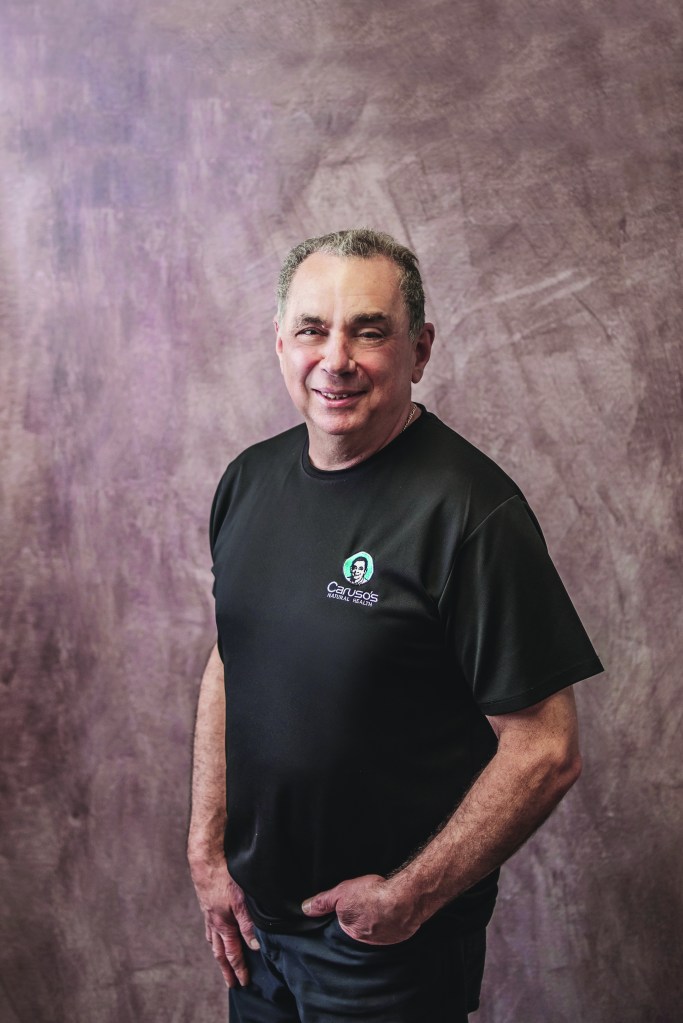
Frank Caruso still gets goosebumps looking at the video of his sales director up on stage at a Chemist Warehouse event explaining how his supplements company had identified a huge market in, ahem, “overactive bladders”.
The 69-year-old founder of Caruso’s Natural Health pulls the video up on his phone. “The real key to our success was finding our voice in that crowded segment,” says Caruso’s Brady Hilterbrand to 2,000 people at the Margaret Court Arena, Melbourne. “Let’s be honest, incontinence is not an easy topic to talk about. We pushed ourselves and pushed our comfort zones and challenged traditional naming conventions. The result was a product name that truly resonated with our consumers – Wee Less.”
“This was one of my proudest moments,” says Caruso, hitting “stop” on the video and explaining how he had to argue with his staff when he came out with the Wee Less name – and that of its parallel men’s product – Pee Less.
And here they were getting validation at the Woodstock of the local supplements industry. Chemist Warehouse sells about 45% of all supplements sold in Australia, while all supermarkets combined account for just 28%, according to a Roy Morgan report in 2020.
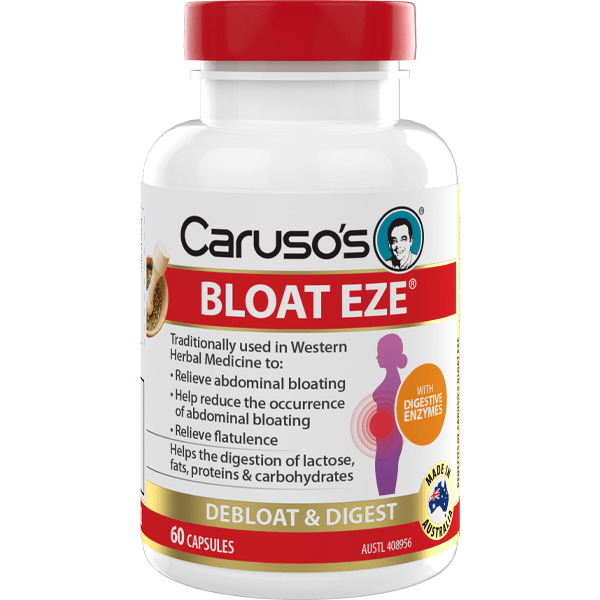
Caruso, was proud of the endorsement it gave his marketing nous, which has taken him from being an overweight motor mechanic in 1979 to the driving force behind a supplement brand swiping chunks of market share from the biggest players in the game.
With last year’s $1.2-billion sale of wellness giant Blackmores to Japanese drinks giant Kirin, PharmaCare Laboratories claimed the title of Australia’s largest locally owned vitamin and supplement maker with a turnover of $750 million across a range of brands. But Caruso’s claims to be the largest entirely manufactured in Australia.
It’s a status the son of Italian migrants could barely have dreamed of growing up in Sydney’s south west. He recalls an enormous teacher in fourth class – “so big she used to push the footy team’s entire scrum around” – standing over his desk: “Caruso, you’ll never add up to anything in your life.” And every week she’d remind him of his dim prospects.
“I don’t blame her. I’d never done my homework. Couldn’t focus. I was a daydreamer.” He left school at 15 aiming to be a cabinet maker, but settled for a motor mechanic apprenticeship.
By 25, he was in a rock band, had an afro haircut and a failed service-station business behind him. A happily married life was packing on the kilos, so he joined a gym, and one day in 1979 he walked in for a workout with a Coke, hamburger and chips in hand. The gym owner gave him a book, The Miracle of Fasting by Paul Bragg. It was the first book he ever read. And the first time he’d heard the notion that you had control over your own health. He went vegan for two years, then vegetarian, [he has since gone back to meat and follows a keto diet], and started on the new jogging craze. His weight dropped from 101kg to 61kg .
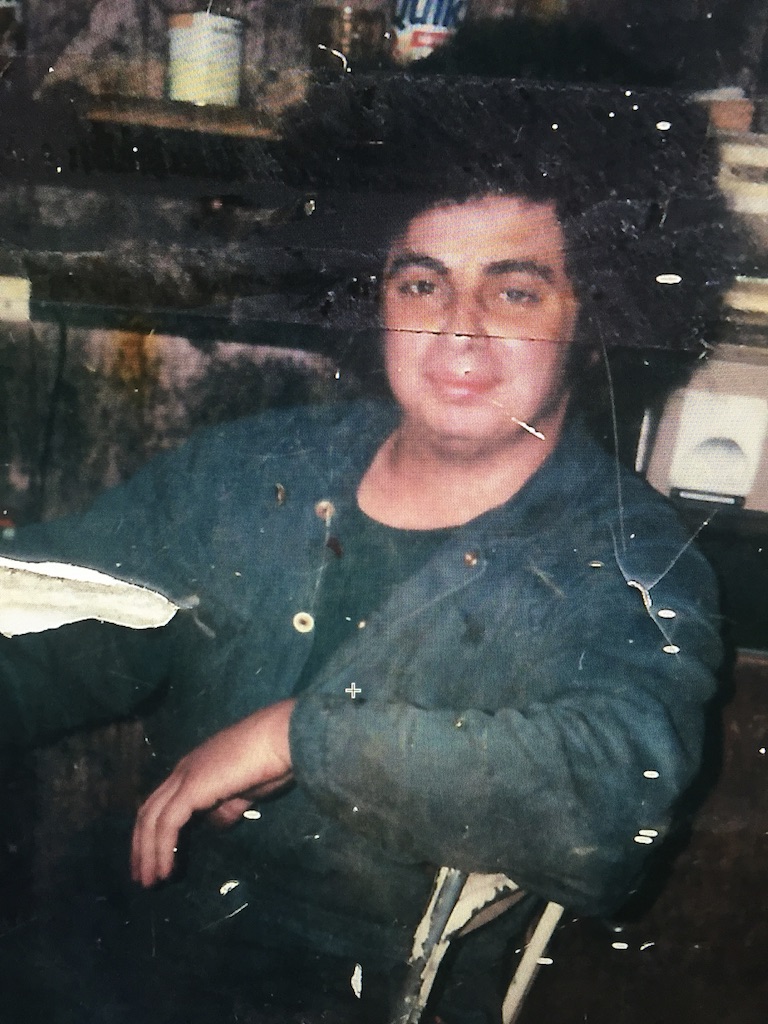
He became a zealot, sharing his newfound insights with eye-rolling family and friends. “I felt I had a responsibility to share what I’d learnt. It was like a religion.” He was driving all the way to the city to shop at a health food store. He figured that if he opened one in the western suburbs, he’d have an audience to talk about health.
He and wife Grace had saved to build a house, but he convinced her to spend the money starting the shop instead. When he asked his brother Tony Caruso to put $20,000 in and go halves, Tony asked: “What the hell is a health-food store?”
The first year was hard. “We had to make $3,000 a week just to break even. And I remember one Saturday exactly a year in, I rang him. ‘Tony, we’ve just hit three grand.’ The first words that came out of his mouth, ‘Sell it!’”
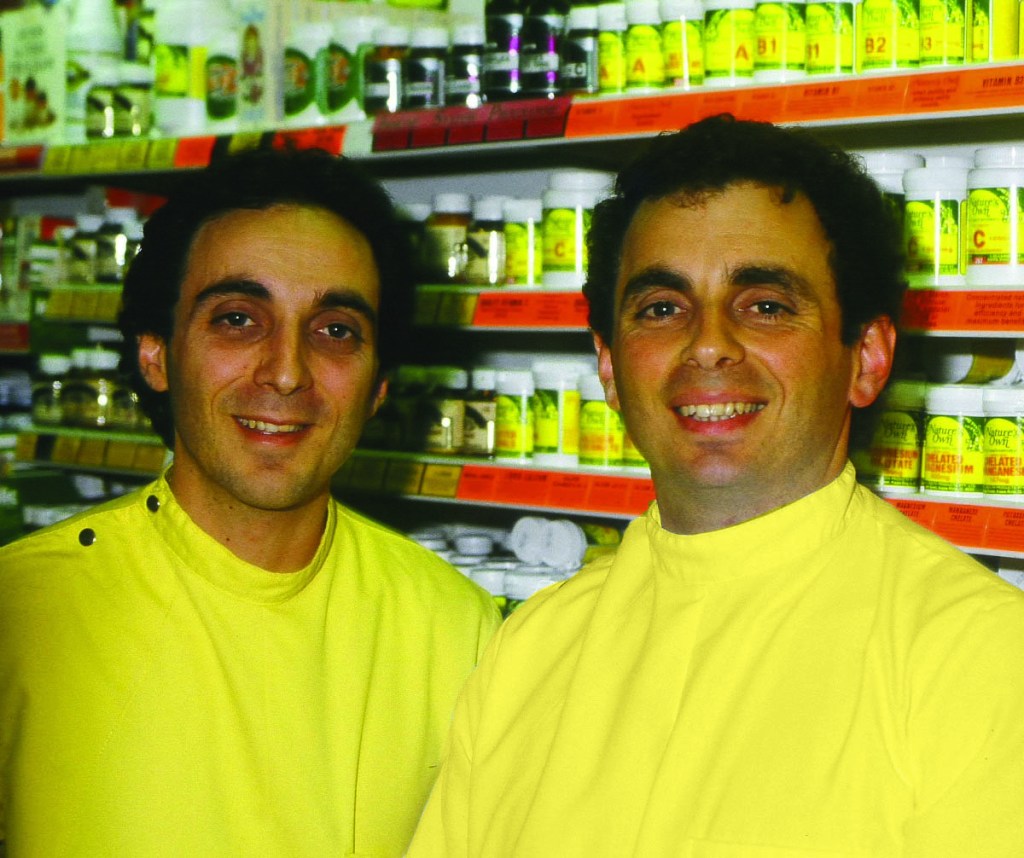
Caruso had started writing a paid column in the local newspaper. He knew what his customers suffered from, so that’s what he wrote about. The headline was always a benefit. He never wrote “the liver”. It was always “your liver”. As “The Natural Health Crusader”, he didn’t even name his shop, but people found him and sales rose to $20,000 a week … Until the health department shut the column down for making health claims in an ad.
A bureaucrat told him journalists could make such claims, but advertisers couldn’t. So he started a 12-page tabloid and became a “journalist”. Health News was distributed by health food shops around the country. Circulation grew to more than a million.
He sold out of Health News in 1994, exhausted, wanting to make his own supplement. Always direct with his words, he wanted to call it Bowel Cleanse, but the rules about health claims forced him to go with Quick Fibre. His dad mixed the blend of slippery elm, rice bran, oat bran, carob powder and psyllium husk in the back of the store.
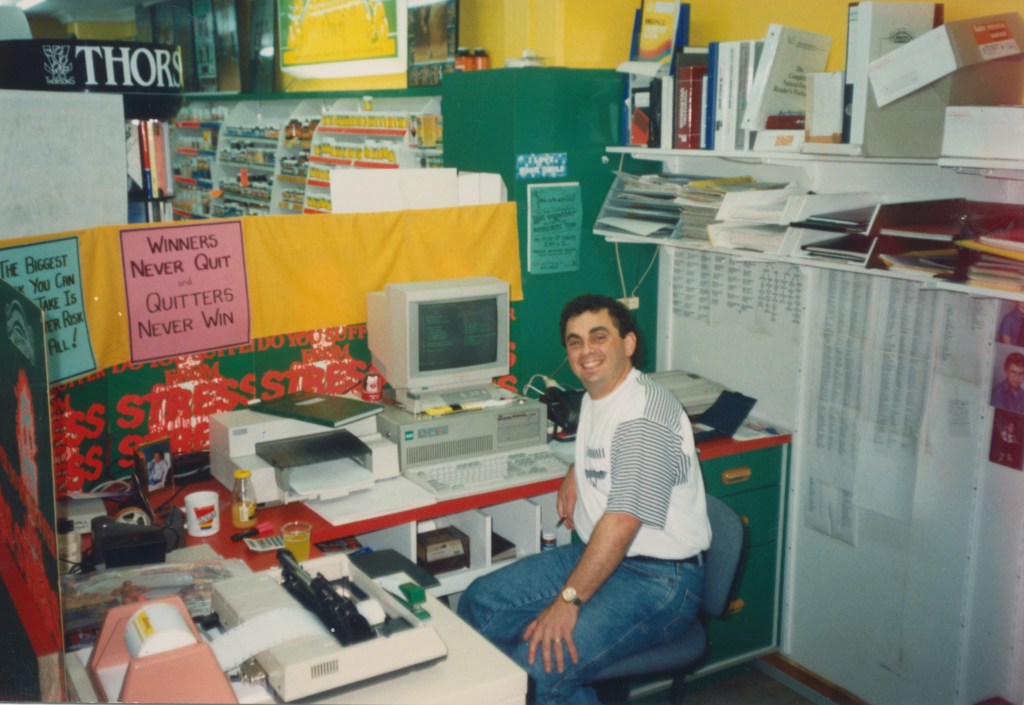
He still remembers the words he wrote for a local newspaper ad: “No More Constipation … works like an intestinal broom … eliminates toxins”. Quick Fibre went out the door like a dose of Epsom salts. He took out “distressed ads” – cut-priced advertisements to fill holes in newspaper layouts – in the major dailies around the country. “In three weeks, I’d sold $180,000 worth of product for a $4,000 investment. That was the start.”
He expanded the range and bought a “hair food” business.
An $18,000 one-page ad in Woman’s Day magazine brought in a million dollars in wholesale sales, he says, again remembering the exact copy like a classic poem: “Everyone loses weight on Quick Cleanse detox”.
Fully manufactured in Australia, Caruso’s is planning to quadruple warehouse capacity in 2026 with a move into a 9,500 square metre place at Kemp’s Creek, in western Sydney.
“I’ll need it because my mission is to be the number one vitamin supplement range in pharmacy. I haven’t set a target date, but I’m thinking when I turn 80.”
“Four years ago, I said we want to be the number one pharmacy-only brand by 2024-25. We’ve leapfrogged a couple but we’re still number two behind Bioglan. So we’ve got this year to beat Bioglan and it’s going to be a huge task. We have to grow 28% this year, and we haven’t grown 28% for a few years. We’ve been around the 18-21%.”
Caruso’s supplement sales in Australia are about $61 million, he says, still a small slice of the industry valued at $1.7 billion. But he says he’s aiming for Blackmores at the top of the tree.
“You’ve got to have a target and you’ve got to have a date. And it’s got to be achievable.
“I promised my team that new products this year, which I’m responsible for, will be 50% of our growth.
“You just think about it and think about it and I’m having nightmares: How am I going to get there? We haven’t done 28% in years. You put it out to the universe, right? A few days later, we get a call from Chemist Warehouse saying, ‘We’re going to give you three extra shelves.’ We only had six before.
“Chemist Warehouse love us because we promote the benefits of our products which brings new customers into the store. I remember the first meeting I had with them. I was very frightened. I just felt like I was playing cards with them. I was holding two sevens while they’ve got a royal flush. No way you’re ever going to have that upper hand. But I feel like we’ve got about three kings at the moment.”


